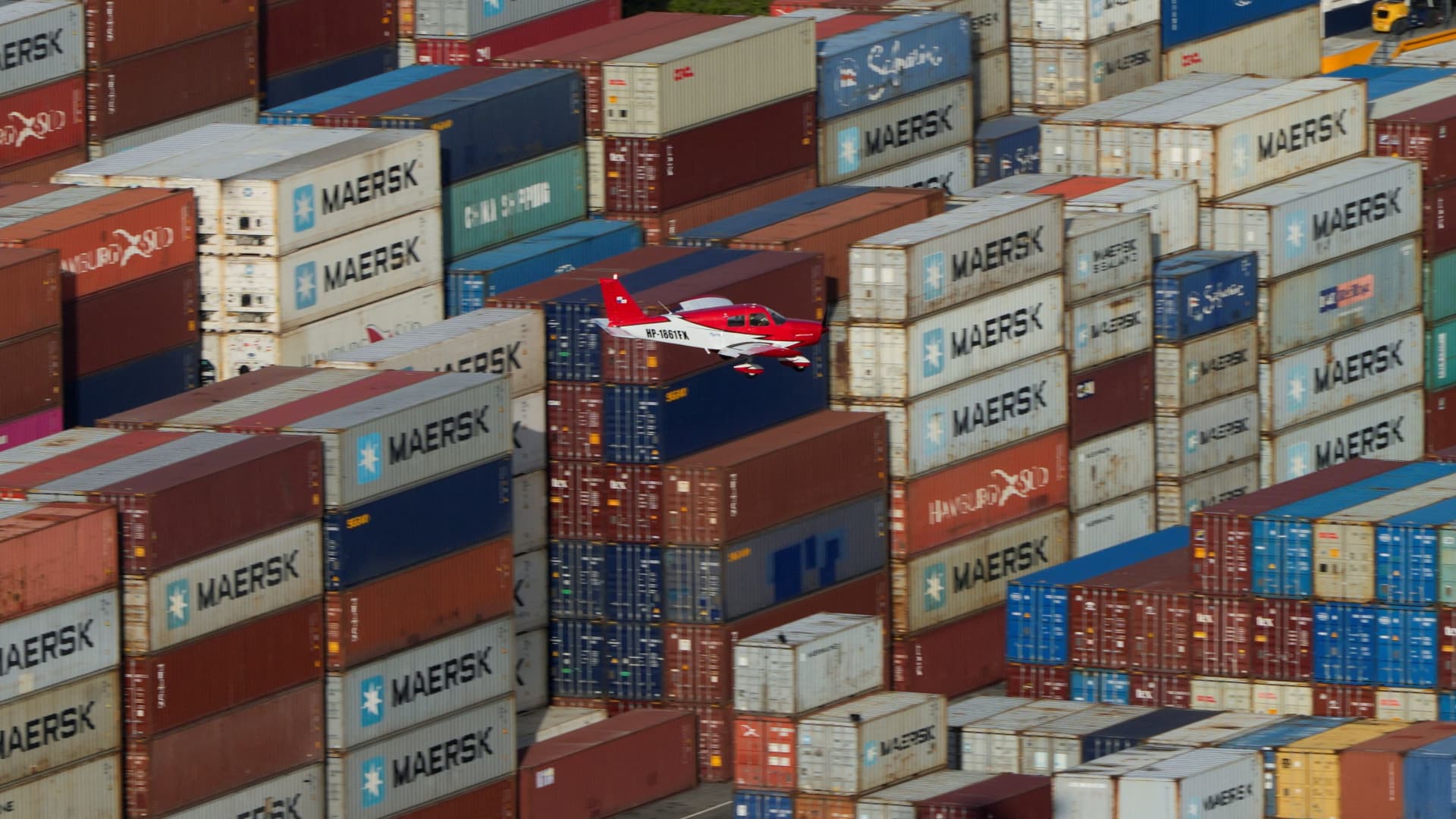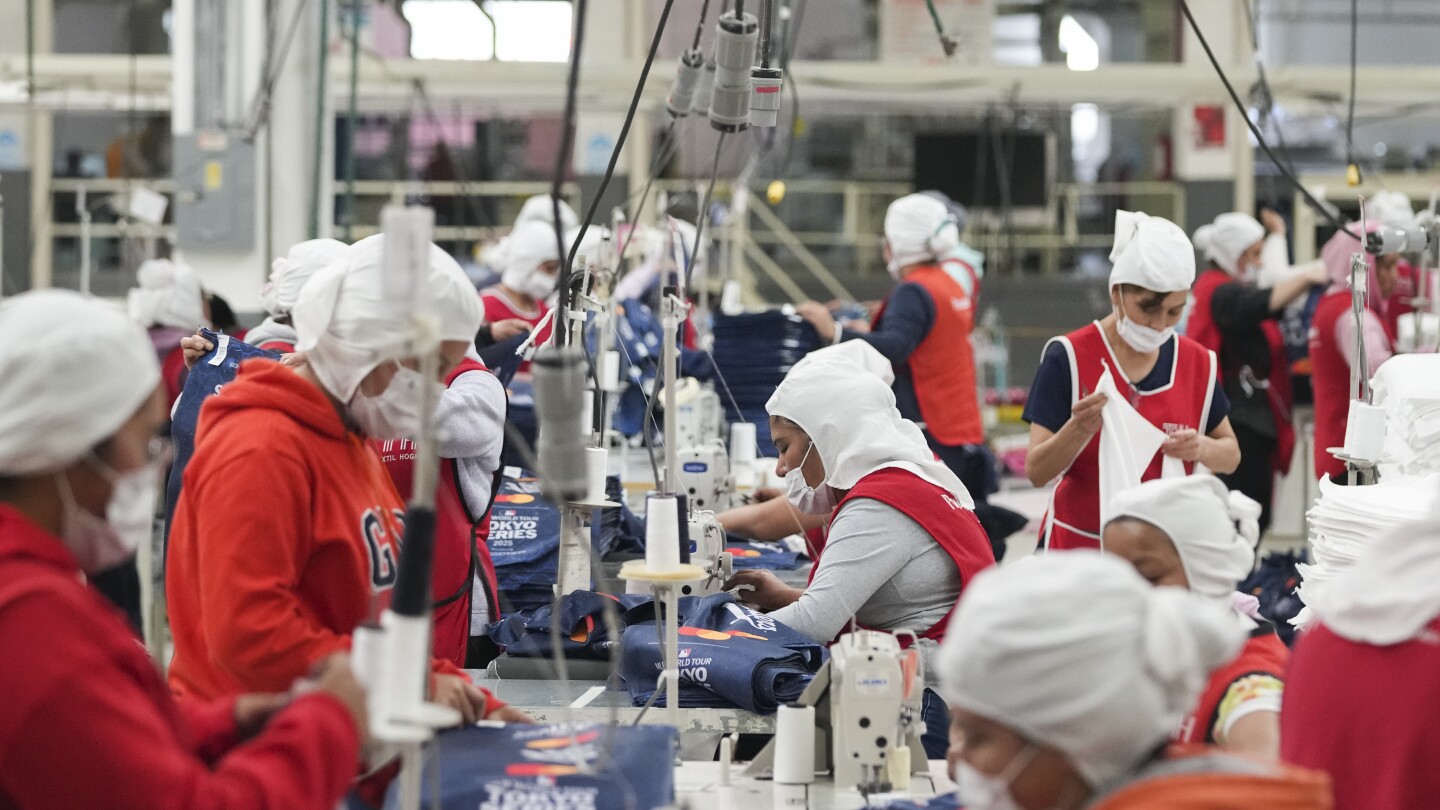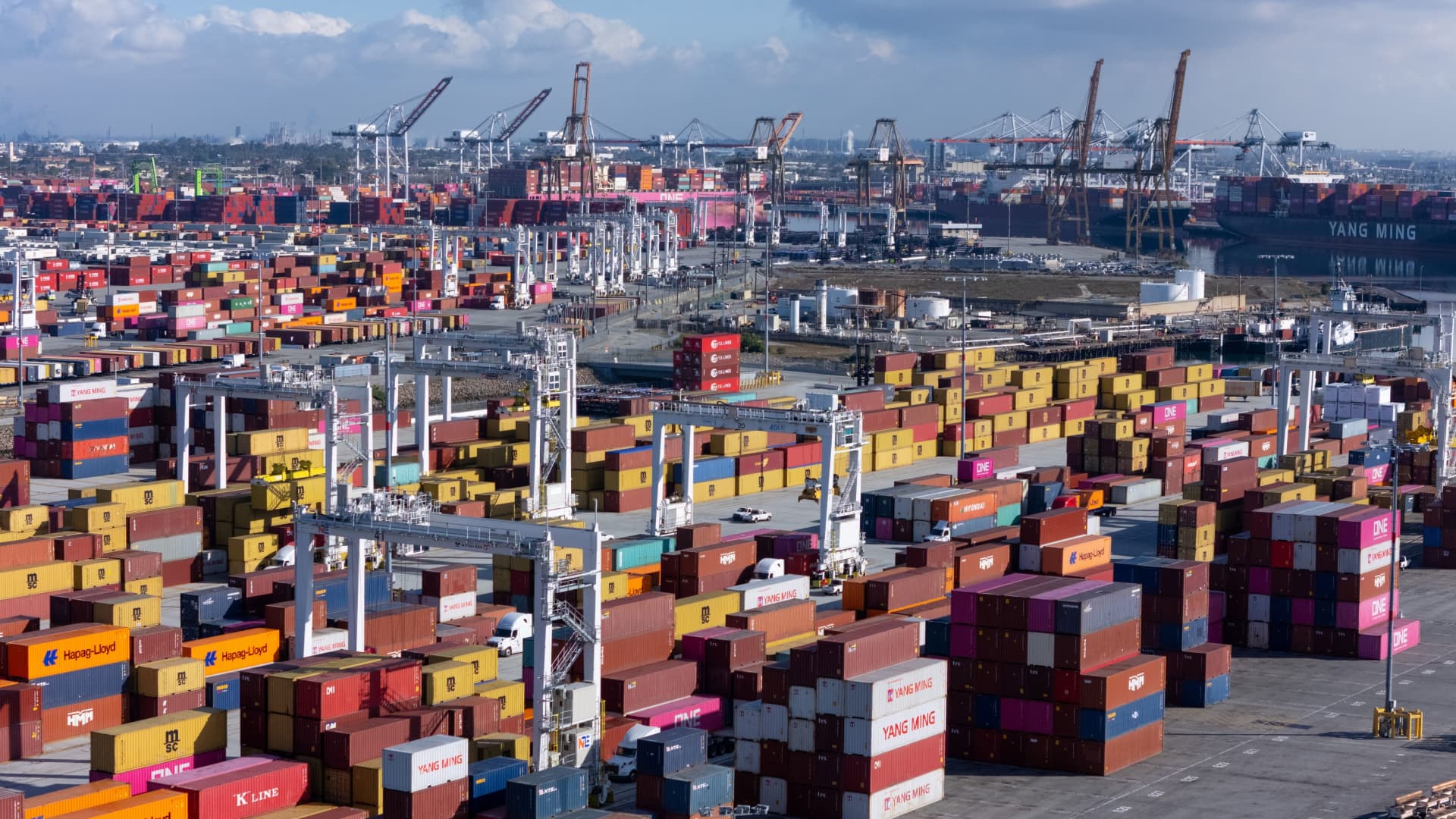Industry Leaders Speak Out: Are Tariffs the Right Solution for Trade Disputes?
As global trade tensions escalate, particularly with the recent tariffs imposed by the Trump administration on key partners like Mexico, Canada, and China, industry leaders are stepping into the arena to share their perspectives. The question on everyone’s mind is: are tariffs the right solution for trade disputes? This debate is not only a reflection of economic principles but also highlights the broader implications for businesses and consumers alike.
The Economic Landscape of Tariffs
Tariffs, defined as taxes placed on imported goods, are often employed by governments to protect domestic industries from foreign competition. Proponents argue that tariffs can bolster local economies by encouraging consumers to buy domestic products. However, critics contend that they can lead to increased prices for consumers and retaliation from trading partners, potentially sparking a trade war.
- Support for Tariffs: Some industry leaders, particularly in manufacturing, believe that tariffs can level the playing field. They argue that many countries do not adhere to fair trading practices, thus justifying the need for protective measures.
- Opposition to Tariffs: Conversely, leaders in retail and agriculture frequently warn that tariffs can lead to higher costs for consumers and reduced competitiveness on a global scale. The concerns surrounding retaliatory tariffs are particularly pressing, as they can spiral into broader economic conflict.
Insights from Industry Leaders
Recent discussions among industry leaders reveal a spectrum of opinions on the efficacy of tariffs as a trade remedy. For instance, the CEO of a major agricultural company expressed cautious optimism, stating that tariffs could provide the necessary pressure to negotiate better trade agreements. However, he also noted the risks of retaliatory measures that could hurt farmers reliant on exports.
On the other hand, tech leaders have voiced their concerns more vocally. A prominent figure in the technology sector argued that imposing tariffs on components could stifle innovation and increase costs for consumers. The interconnected nature of global supply chains means that many companies rely on parts manufactured abroad. The added tariffs could disrupt these operations and lead to higher prices for consumers.
Case Studies: The Impact of Tariffs
To better understand the implications of tariffs, it’s helpful to examine specific case studies. One notable example is the ongoing trade conflict with China. The U.S. imposed tariffs on a wide range of Chinese goods, which led to significant pushback from various sectors.
- Automotive Industry: Automakers faced rising costs due to tariffs on steel and aluminum, leading some companies to reconsider their production strategies. As a result, some have shifted more production back to the U.S., while others have sought alternative suppliers outside of China.
- Consumer Electronics: The tech industry witnessed a surge in prices for popular products like smartphones and laptops, a direct consequence of tariffs on electronic components. Major companies have raised prices to offset these costs, affecting consumer purchasing behavior.
Consumer Perspectives
While industry leaders grapple with the implications of tariffs, consumers are often caught in the crossfire. Many consumers may not fully grasp how tariffs affect prices and availability of goods. A survey conducted by a leading market research firm revealed that a significant portion of the public is unaware of the economic ripple effects that tariffs can trigger.
Consumers have expressed mixed feelings about tariffs. Some support them under the premise that they protect American jobs, while others lament the higher prices and limited choices that often accompany these measures. This sentiment underscores the importance of transparent communication from leaders to help the public understand the complexities of trade policies.
Alternatives to Tariffs
With the mounting debate over whether tariffs are the right solution for trade disputes, many industry leaders are advocating for alternative approaches to trade negotiations. Here are some of the alternatives being discussed:
- Negotiation and Diplomacy: Many leaders believe that diplomatic negotiations can yield better outcomes than tariffs. By engaging in direct discussions, countries can work towards mutually beneficial agreements that address underlying trade issues without resorting to punitive measures.
- Trade Agreements: Strengthening trade agreements can provide a structured framework for trade that minimizes disputes. Some industry leaders advocate for reworking existing agreements to ensure they reflect modern economic realities.
- Investment in Domestic Industries: Instead of imposing tariffs, investing in domestic industries to enhance competitiveness could prove more effective. By fostering innovation and productivity at home, countries can better compete in the global market without the need for tariffs.
Conclusion: The Future of Trade Policy
The debate surrounding tariffs as a solution for trade disputes is far from settled. Industry leaders offer a diverse range of opinions, reflecting the complexities of the global economy. While tariffs may provide short-term relief for certain sectors, the long-term consequences could lead to a myriad of challenges for consumers and businesses alike.
As we move forward, it’s crucial for policymakers to consider the broader implications of their decisions. Engaging in open dialogue with industry leaders, consumers, and experts can help shape more effective trade policies that promote growth and stability. The key will be finding a balanced approach that protects domestic interests while fostering global cooperation. Only then can we hope to navigate the turbulent waters of international trade with confidence and foresight.
See more CCTV News Daily



